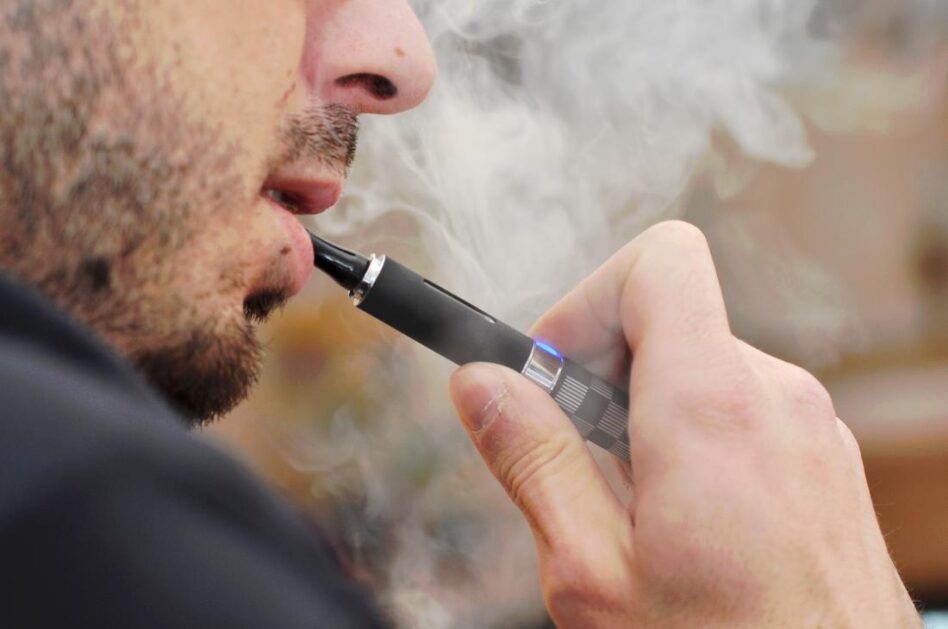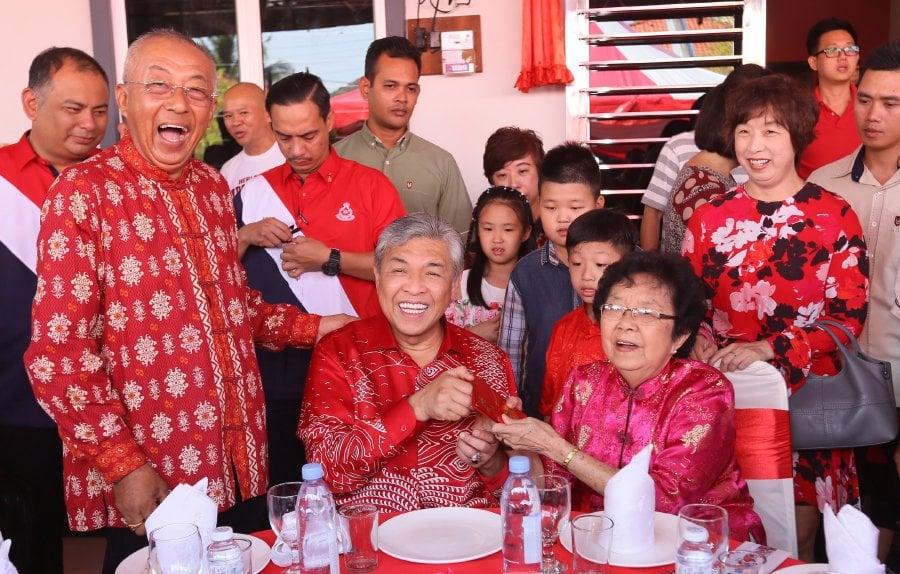KUALA LUMPUR: Malaysia will take the case of the European Union’s (EU) discrimination against palm oil to the World Trade Organisation (WTO), Primary Industries Minister Teresa Kok said on Dec 4.
Her ministry is working with the Attorney-General’s Chambers, International Trade and Industry Ministry and Foreign Affairs Ministry in this move, including drawing up the relevant legal material.
“Given the importance of the palm oil industry to the country including the socio-economic development of more than three million Malaysians involved in the industry, the government feels that Malaysia should take stronger measures against the EU which is seen to be discriminating against oil palm producing countries,” she told the Dewan Rakyat during Question Time.
Responding to a question from Datuk Dr Noraini Ahmad (BN-Parit Sulong), Kok contended that Malaysia has the basis to challenge the EU through the WTO’s Dispute Settlement Body.
Based on preliminary review and evaluation, she said, the policy stated in the Delegated Regulation under EU RED II was found to be in violation of WTO principles under the General Agreement on Tariffs and Trade 1994 and the Agreement on Technical Barriers to Trade.
The regulation, complementary to the EU Renewable Energy Directive II (EU RED II), was adopted, endorsed and published in an official journal by the EU on May 21, 2019.
“This is a law that describes, among others, the criteria or methodology for determining whether sources in the production of biofuels are causing high or low indirect land use change (ILUC) and greenhouse gas emission,” Kok said.
“According to the regulation, palm oil has been categorised as high ILUC. Therefore, beginning July 2021, the country’s palm oil export volume would be limited to the consumption level and value for 2019.”
According to Kok, palm oil from 2030 onwards would be fully excluded as a biofuel source in EU should it still be categorised as high ILUC when reviewed in 2021.
“Based on the analysis, the regulation is seen to be defective in terms of transparency and scientific credibility, and the many assumptions made give an inaccurate picture of the sustainability practices in the oil palm industry.
“Also, it is seen as biased as only palm oil is categorised as having a high ILUC risk among other oils (which are also) biofuel sources,” she said, adding that the move has created unreasonable restrictions on the sustainability efforts that Malaysia has and is implementing, thus impeding free trade practices. – Bernama










